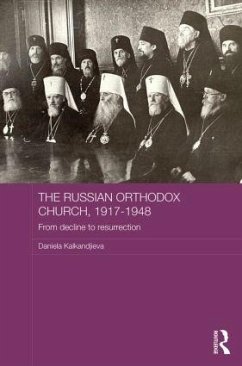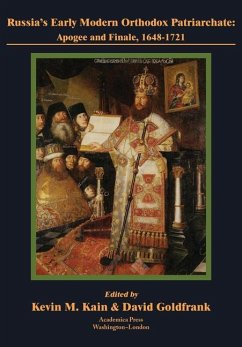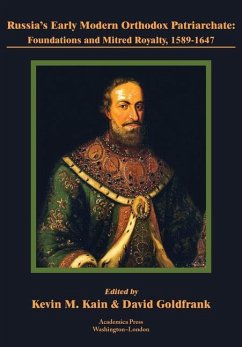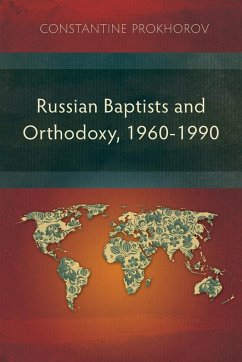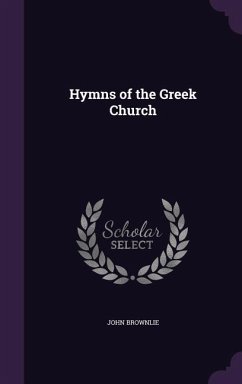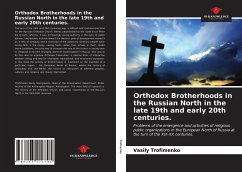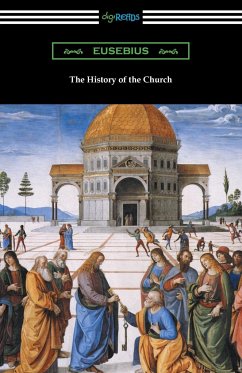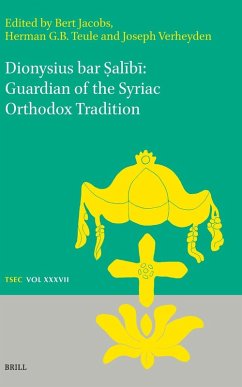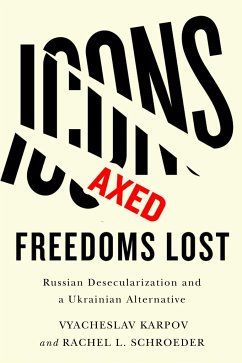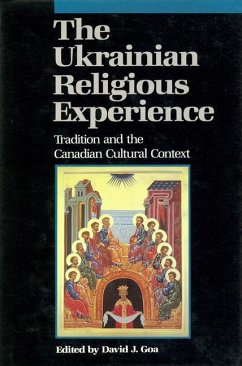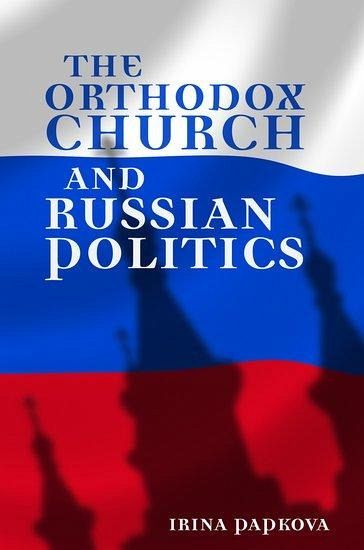
The Orthodox Church and Russian Politics
Versandkostenfrei!
Versandfertig in über 4 Wochen
89,99 €
inkl. MwSt.

PAYBACK Punkte
45 °P sammeln!
This in-depth case study examines the Russian Orthodox Church's influence on federal-level policy in the Russian Federation since the fall of communism. By far more comprehensive than competing works, The Orthodox Church and Russian Politics is based on interviews, close readings of documents--including official state and ecclesiastical publications--and survey work conducted by the author. The analysis balances the Church as an institutional political actor with the government's response to Church demands. Papkova ultimately concludes that the reciprocal relationship between the Church and state is far weaker and less politically important than Western analysts usually believe. Papkova traces the Church's relative failure in mobilizing parishioners, influencing political parties, and lobbying the state, citing the 1997 law limiting religious freedoms as its only significant political win. She attributes much of this weakness to the informal division of the Church into liberal, traditionalist, and fundamentalist factions, which prevents it from presenting a unified front. Providing a fresh insight into the role of the Church in Post-Soviet Russia, the book speaks across disciplines to political science, sociology, anthropology, history, and religious studies.



